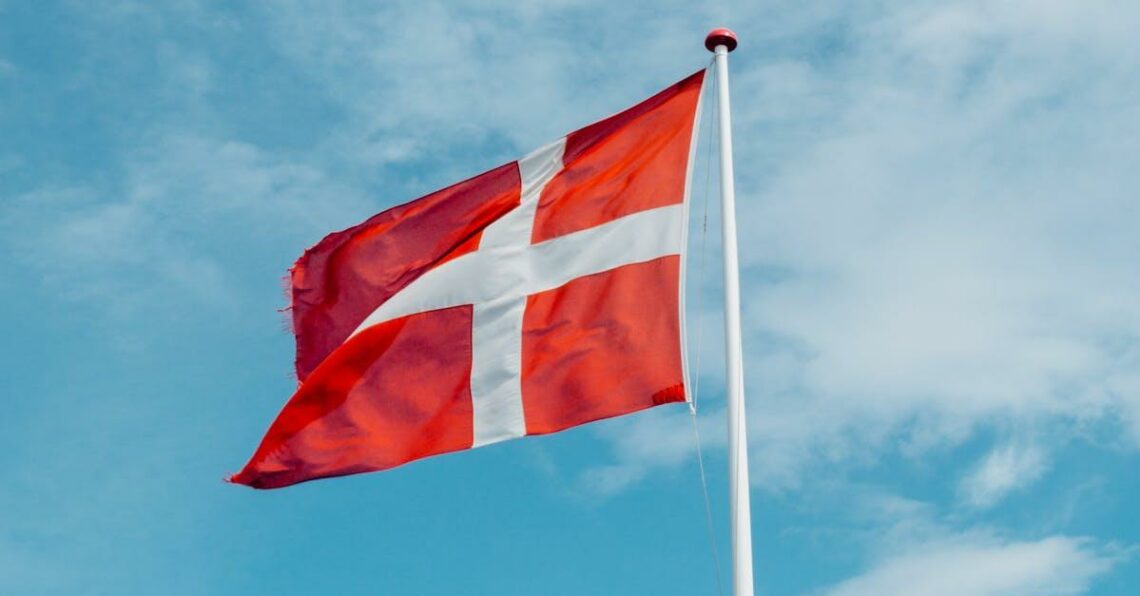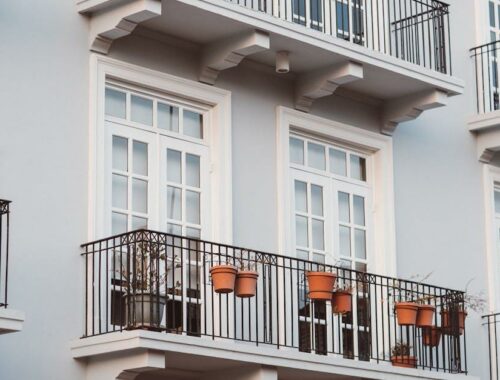
Is Denmark a Country? An In-Depth Guide to the Danish Homeland for Expats
Denmark, officially known as the Kingdom of Denmark, is a sovereign nation located in Northern Europe. It comprises the Jutland Peninsula and an archipelago of over 400 islands, with Zealand and Funen being the largest. The country shares its southern border with Germany and is surrounded by the North Sea to the west and the Baltic Sea to the east. Copenhagen, situated on the island of Zealand, serves as the capital and cultural hub.
Historical Overview
Denmark’s history is rich and multifaceted, dating back to the earliest inhabitants around 12,000 BCE. The Viking Age, spanning from the 8th to the 11th century, marked a significant era when Danish Vikings were renowned for their seafaring prowess and expeditions across Europe. Over the centuries, Denmark evolved into a constitutional monarchy, establishing a parliamentary democracy that balances royal traditions with modern governance.
Geography and Demographics
Covering approximately 43,094 square kilometers, Denmark’s terrain is predominantly flat with gently rolling plains. The country’s extensive coastline stretches over 7,300 kilometers, featuring numerous bays, inlets, and fjords. As of 2024, Denmark’s population is estimated at around 5.97 million people, with a high standard of living and a strong emphasis on social welfare.
Political Structure
Denmark operates under a parliamentary constitutional monarchy. The monarch serves as the ceremonial head of state, while legislative authority resides in the unicameral Folketing, or People’s Assembly. The Prime Minister, appointed by the monarch, leads the government. Denmark is a member of the European Union but has opted out of certain aspects, such as the eurozone, maintaining its currency, the Danish krone.
Culture and Society
Danish culture is characterized by a strong sense of community, egalitarianism, and a commitment to environmental sustainability. The concept of “hygge,” emphasizing coziness and contentment, is central to Danish lifestyle. The country boasts a rich literary and artistic heritage, with contributions from renowned figures like Hans Christian Andersen and the philosopher Søren Kierkegaard.
Economy
Denmark has a high-income, trade-oriented economy, with key sectors including pharmaceuticals, renewable energy, and services. The nation is a leader in wind energy production and places a strong emphasis on sustainable practices. The Danish labor market is characterized by flexibility and a high degree of social security, often referred to as the “flexicurity” model.
Education
The Danish education system is renowned for its high standards and inclusivity. Compulsory education begins at age six and continues until 16, encompassing primary and lower secondary education. Upper secondary education, while not mandatory, is commonly pursued and includes academic, technical, or vocational tracks. Denmark also offers a range of higher education institutions, many of which provide programs in English, attracting international students.
Conclusion
Denmark stands as a testament to a harmonious blend of historical heritage and modern innovation. Its commitment to social welfare, environmental sustainability, and cultural richness makes it a unique and influential nation in the global arena.
For a more in-depth exploration of Denmark’s identity and heritage, visit The Danish Dream’s comprehensive guide.
To gain a visual insight into Danish culture and society, check out The Danish Dream’s YouTube channel.
Du vil muligvis også synes om

Sådan vælger du en erfaren og omfattende ejendomsservice til ejerforeninger i og omkring København
03/05/2024
Hvorfor skal du spille på et online casino med dansk licens?
10/03/2022

